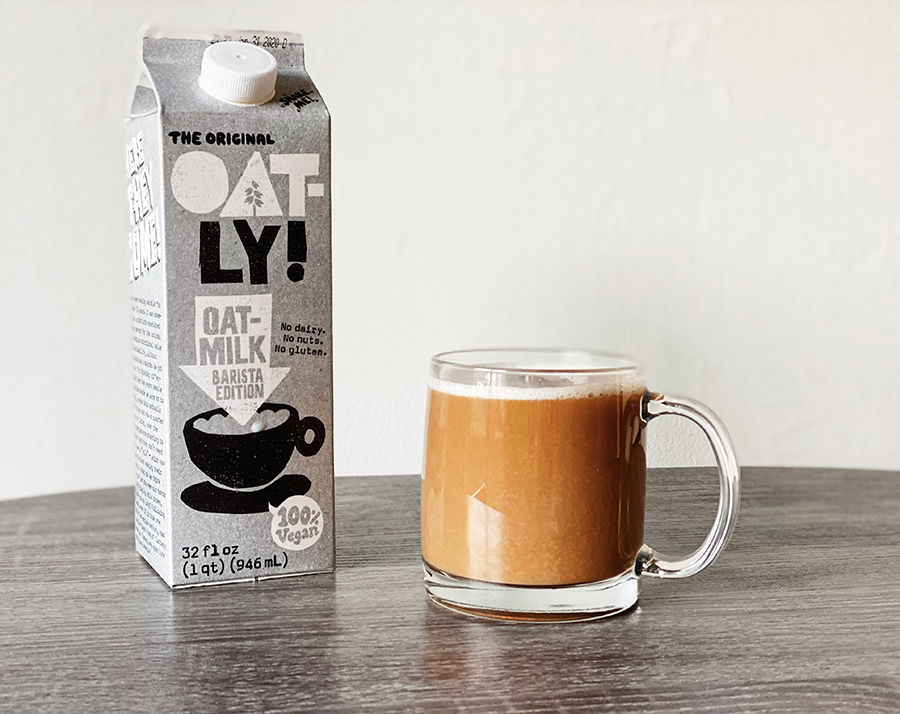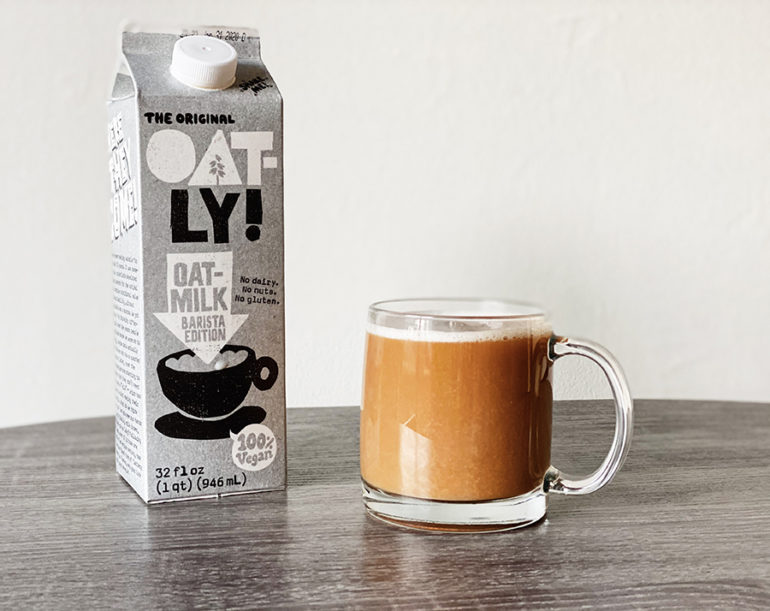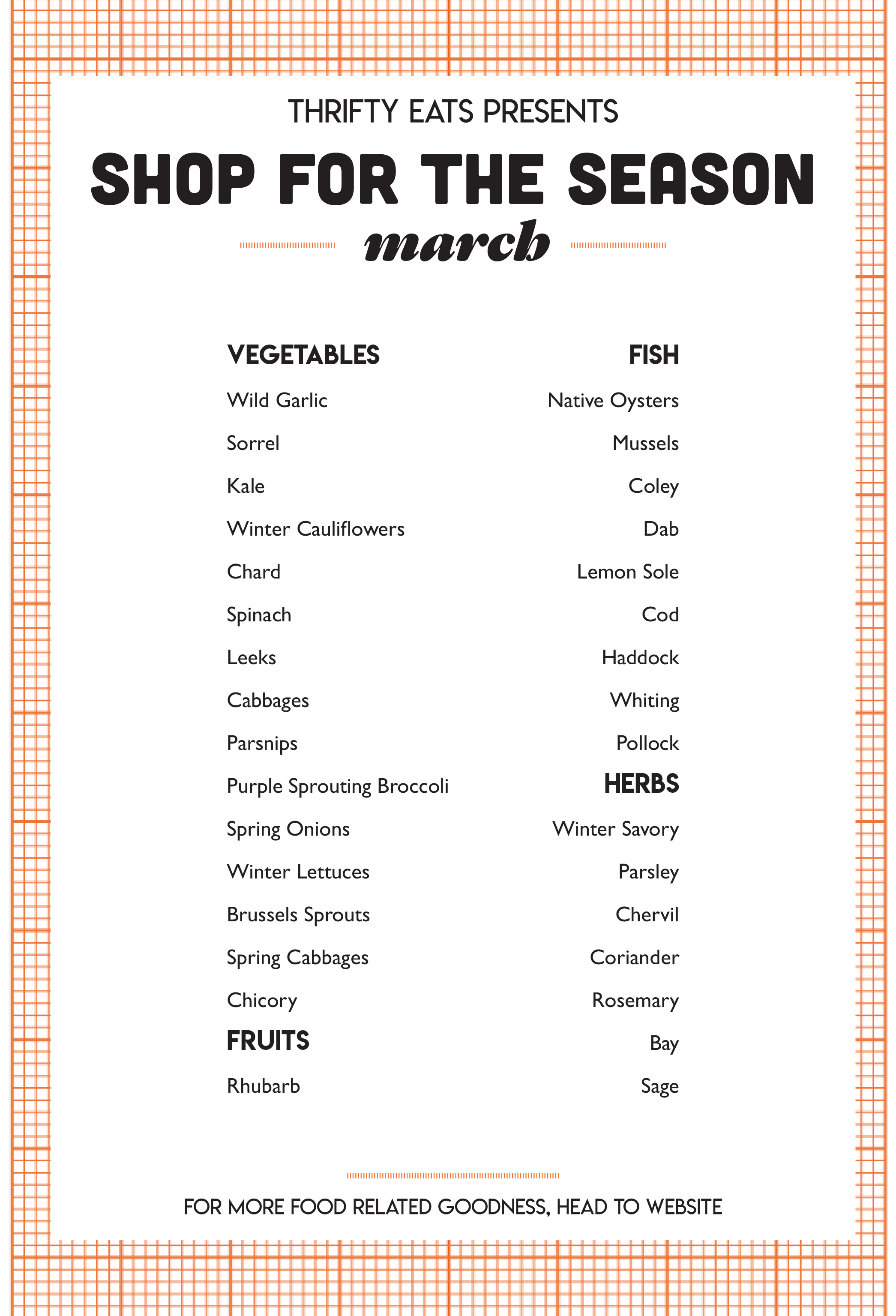As plant-based alternatives are becoming increasingly popular, we explore what plant-based milk is best for the planet and your pocket

The debate surrounding the environmental impact of the meat and dairy industries is growing. According to the Food and Agricultural Organisation of the United Nations (FAO), 14.5% of global climate-changing gases are from the production of meat and dairy and this is more than all forms of transport combined.
Choosing a dairy-free milk replacement has never been easier. We are spoilt for choice with rice, almond, coconut, oat and soya milk to name just a few. The market has grown by 8% each year for the last decade and shows no signs of stopping.
But, which plant-based milk is best for the planet and your pocket?
Soya milk
The Vegan Society says that in Brazil, the equivalent of 5.6 million acres of land is used to grow soya beans to feed farmed animals in Europe. Farming for soybeans has a devastating impact on the Amazon Rainforest, so they may not be the most sustainable option. Some also have concerns with soya beans as many of them are genetically modified.
However, according to an Oxford University study in 2018, soya milk is the only plant milk with a protein content that is comparable to dairy, so it’s a tricky one.
Organic soya milk ensures it’s as eco-friendly as possible, often having lower levels of pesticides, but this can get expensive.
Best for: all your baking needs.
Coconut milk
As coconut trees only grow in tropical climates, there is a high carbon footprint attached to coconut milk from the travel involved. There has also been increased pressure to produce coconut milk and The New York Times found that between 2007 to 2014, three acres of rainforest were clearcut in Indonesia to make way for coconut palm trees.
When buying coconut milk, it’s best to choose FairTrade certified products to encourage environmentally friendly production methods and safeguard humane working conditions.
It’s not hugely versatile and can get expensive. But, it is the best kind of milk for cooking.
Best for: any of your curry desires
Almond milk

It takes a serious amount of water to produce almond milk – 74.3 litres per 200ml to be exact. Almond milk requires more water than any other plant milk alternative, although it still uses less water than cows milk which requires 125.6 litres of water per 200ml.
Not only does almond milk require a lot of water, but it also has a high carbon footprint due to transportation, as 80% of the world’s almonds are grown in California. 70% of commercial bees in the US are needed to pollinate almonds and last year over a third of them died due to the production pressures, according to The Guardian.
Best for: cereal, hot chocolate and smoothies
Oat milk
Oat milk is having a bit of a moment and fortunately, you don’t need to feel bad about your daily oat coffee. Oats can be grown across the world and don’t require a tropical climate like many other plant-based milks. Oat milk also only requires 9.6 litres of water per 200ml to produce, meaning it has a low water consumption.
To be super sustainable, we recommend organic oat milk or to check that the brand is glyphosate-free (glyphosate is the world’s most used weedkiller). But again, this can be expensive.
It’s also cheap and easy to make oat milk at home, so check out our recipe below.
Best for: tea and coffee (we love an oat milk latte)
The results
For taste, price, and sustainability, oat milk is our winner by quite some distance. A recent study by The Guardian found that oat milk was the best all-rounder and we can certainly see why.
A glass of dairy milk produces almost three times more greenhouse gas than any plant-based milk. So if oat milk isn’t for you, try whatever plant milk you’ll enjoy the most, as they’re all more sustainable when compared to their dairy counterpart.
Make your own!
Ingredients
- 1 cup rolled oats
- 4 cups of water
Method
- Add the oats to the water and put them into a blender.
- Blend for around 60 seconds.
- Strain through some cheesecloth.
- VOILA – oat milk!

